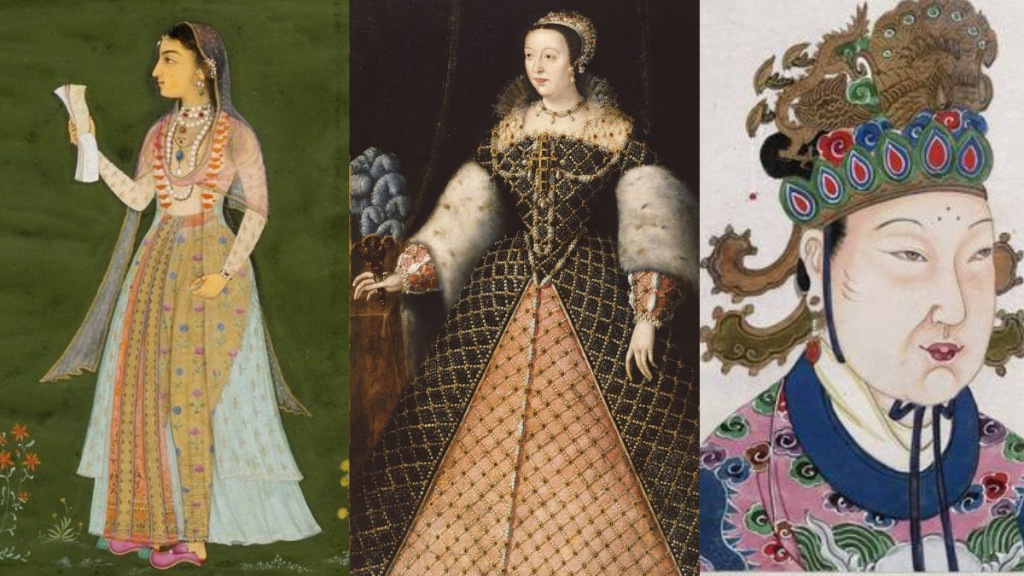Throughout history, few figures have left as profound an impact on their realms as queens regnant—women who ruled as sovereigns in their own right, devoid of any consort’s overshadowing influence. In an era where women were often relegated to the sidelines of power, these extraordinary monarchs shattered the glass ceilings of their time and stood tall as beacons of strength, wisdom, and progressive leadership. Defying conventions and transcending societal expectations, they governed with an unwavering hand, proving that gender was no hindrance to wielding authority.
In the annals of history, when men’s names are etched in bold letters, it is time to uncover the extraordinary stories of women who shaped empires from the shadows, their wisdom and acumen becoming the real power behind the throne. These remarkable women defied societal norms, shattered barriers, and displayed unparalleled brilliance in business and governance.
Here, we celebrate the indomitable spirit of queens regnant who etched their names into history, changing the world and inspiring generations to come and celebrate the first seven trailblazing businesswomen and powerful minds who proved that when given an opportunity, women have not only matched but surpassed men in every aspect of life.
1. Khadija bint Khuwaylid: The merchant queen
In the bustling markets of Mecca, Khadija bint Khuwaylid emerged as a formidable businesswoman during the 6th century. Widowed and left in charge of her late husband’s thriving trading enterprise, Khadija navigated the intricacies of trade routes and forged alliances with distant lands. Her brilliance in managing caravans and negotiating profitable deals surpassed many male merchants of her time. Her success paved the way for future generations of women to wield economic power and inspired them to step out of the shadows and into the light of commerce.

With her fleet of trading caravans traversing vast distances, Khadija cultivated an expansive network that extended across continents. Her innate understanding of commerce, negotiation prowess, and decisive decision-making propelled her to unprecedented success. Khadija’s partnership with the young and ambitious Muhammad ibn Abdullah, who later became the Prophet Muhammad, only fortified her position as an influential figure and confidante.
2. Jahanara Begum: The empress of benevolence
During the Mughal Empire in 17th-century India, Jahanara Begum, the eldest daughter of Emperor Shah Jahan, became a symbol of wisdom and compassion. Behind the grandeur of the empire’s architecture, she skillfully managed the royal treasury, funded charitable projects, and supported artists and poets. Jahanara’s commitment to education and welfare programs uplifted the lives of countless citizens, earning her the title of “Empress of Benevolence.” Her influence on state affairs was profound, proving that compassion and intellect go hand in hand in ruling an empire.
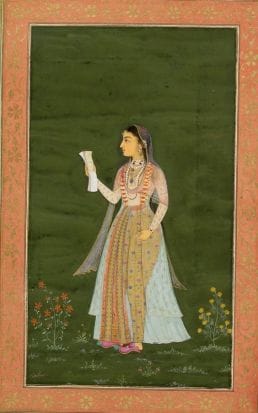
Jahanara’s remarkable political insight and administrative acumen made her a vital advisor to the emperor. She played a pivotal role in various state matters, from strategic diplomacy to cultural patronage. Her prowess extended beyond politics, as she became a renowned poet and an ardent supporter of the arts. In a realm dominated by men, Jahanara shattered stereotypes, proving that gender could never dictate the limits of one’s intellect and capabilities.
3. Catherine de’ Medici: The queen regent
Amidst the turbulent times of the French Wars of Religion, Catherine de’ Medici emerged as a force to be reckoned with. As the Queen Regent of France in the 16th century, she skillfully maneuvered through treacherous political waters. With a shrewd understanding of diplomacy and a keen sense of statecraft, Catherine safeguarded the interests of her children and the kingdom. She fostered advancements in the arts, science, and trade, leaving a lasting legacy that showcased the transformative power of female leadership.
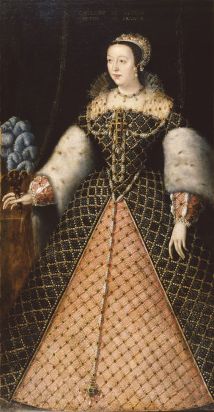

4. Cleopatra VII of Egypt:
Crowned Pharaoh of Egypt, Cleopatra VII was more than a seductress; she was a charismatic and cunning diplomat. Uniting her people and seizing alliances with Rome, she exhibited her shrewdness and political prowess. She defied gender expectations, asserting her right to rule with grace and intelligence.
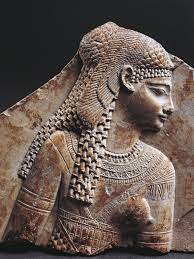
Such was her strategy that even shook Rome to its bones. It is said that Cleopatra gave birth to Julius Caesars’s son and later married Mark Antony to protect her kingdom.
5. Wu Zetian: The Empress Sovereign
In ancient China, Empress Wu Zetian defied convention and rose to become the only female sovereign in Chinese history. In the 7th century, she broke through the patriarchal confines to shape the Tang Dynasty. Her mastery of statecraft, military strategy, and administration ushered in an era of prosperity and stability. Empress Wu’s visionary policies promoted education and equality, recognizing that a nation could only flourish when every citizen, regardless of gender, was empowered.
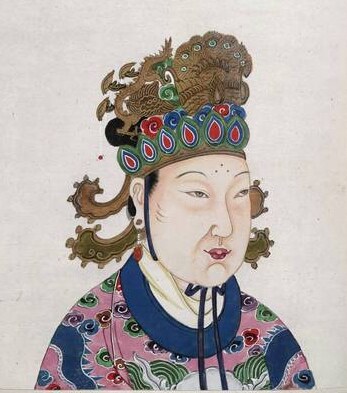
6. Queen Elizabeth I of England (1533-1603)
A formidable figure of the Renaissance era, Elizabeth I ascended to the English throne at a time of great political and religious turmoil. Her 45-year reign, known as the Elizabethan era, was marked by cultural flourishing, maritime exploration, and a robust defense of England against the Spanish Armada. The “Virgin Queen” masterfully navigated the treacherous waters of court politics, earning the love and loyalty of her subjects and becoming one of England’s most celebrated monarchs.
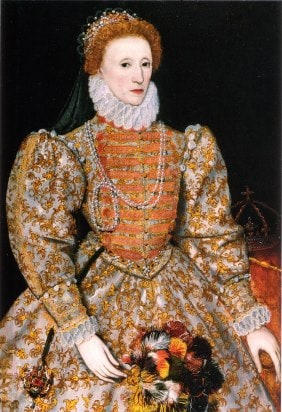
7. Razia Sultan of Delhi
In 13th-century India, Razia Sultan shattered conventions by ascending the throne as the first female Muslim ruler. Fearless on the battlefield, her leadership brought stability and prosperity to Delhi. Her reign stood as an inspiration to future generations of women, proving that gender was never a measure of capability.
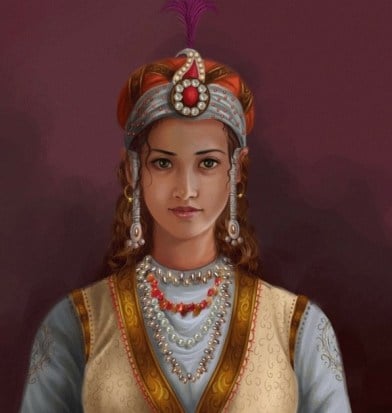
These extraordinary queens demonstrated that power and strength know no gender boundaries. Through their bravery and leadership, they shattered the chains of oppression and paved the way for future generations of women to rise and claim their rightful place in the annals of history. Their stories are a testament to the indomitable spirit of women who dare to seize their destiny and create a better world for all. Let their tales echo through the ages, forever reminding us that equality and feminism have always been, and will always be, an integral part of the human journey.
